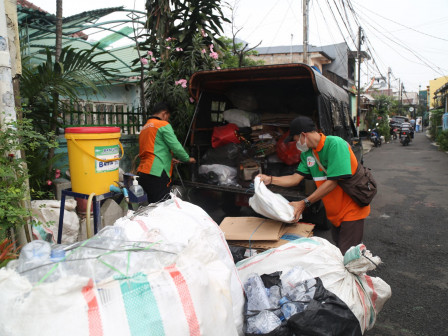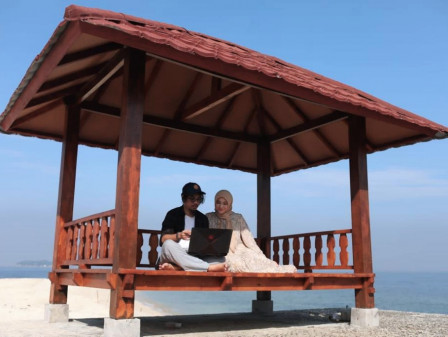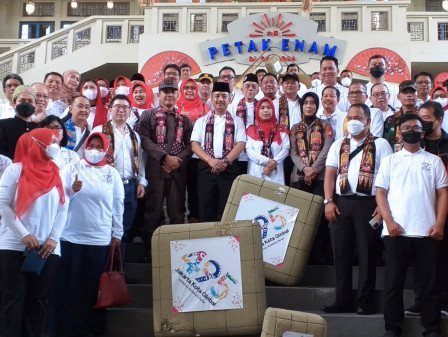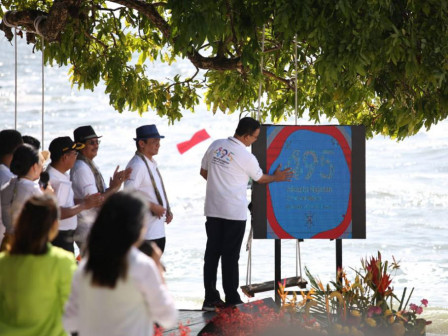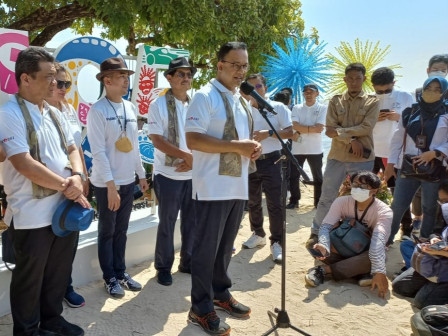Jakarta Waste Awareness Movement Week to Enliven Jakarta Hajatan
Reported by Aldi Geri Lumban Tobing | Translated by Maria Inggita
Enlivening the 2022 Jakarta Hajatan (Jakarta Celebration), the Jakarta Environment (LH) Agency holds Jakarta Waste Awareness Movement Week (PGJSS).
We will involve 2,743 RWs throughout Jakarta
PGJSS is a series of household waste management activities that are carried out simultaneously and colossally throughout Jakarta for a week, from June 20 to 25, 2022.
It involved the entire community playing an active role in implementing the Gubernatorial Regulation (Pergub) No. 77/2020 on Waste Management in a Scope of Community Unit (RW).
Bidadari Island, a Perfect Place for Work and VacationJakarta LH Agency Head Asep Kuswanto mentioned that in this movement, his side would activate the function of the Waste Management Sector (BPS) in all RWs throughout Jakarta to reduce waste at the source.
"We will involve 2,743 RWs throughout Jakarta," he conveyed, Wednesday (6/8).
He explained that PGJSS also supported the realization of Governor Instruction (Ingub) No. 49/2021 on Settlement of Regional Priority Issues for 2021-2022 regarding the Solid Waste Issue. One of them is the implementation of scheduled waste transportation in 50 percent of all RWs or 1,369 RWs.
According to him, PGJSS would be carried out by simulating waste management patterns by Pergub No. 77/2020 on Waste Management in a Scope of Community Unit (RW). This waste management pattern was expected to be more internalized and to encourage Jakarta residents to build good habits in sorting and reducing waste at the source.
His side had provided PGJSS campaign kits in form of 3,000 banners for each RWs; 15,000 work instruction posters for each RTs; and 3,000 'Jakarta Sadar Sampah' vests for each head of BPS RW throughout Jakarta.
"Each LH sub-agency has provided cleaning tools to support BPS RW work. All of them have been distributed before PGJSS is held," he said.
The series of 2022 PGJSS includes communal cleaning and waste collecting activities which are divided into biodegradable waste, recycled waste, hazardous and toxic (B3) waste, and household waste.
The biodegradable waste will be distributed to the communal composting, eco enzyme, and BFS maggot bioconversion. While recycled waste will be distributed to a waste bank, then B3 and household waste to a landfill (TPS).

